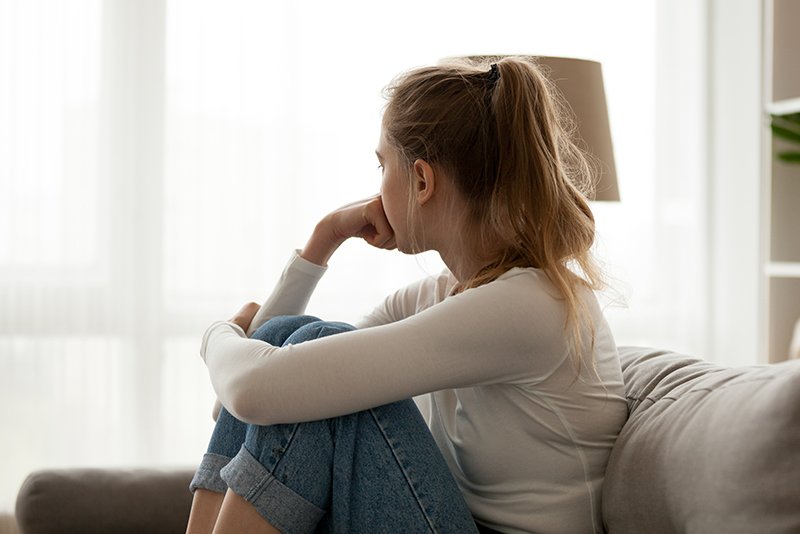The arrival of Covid-19 has also seen a spike in depression and anxiety amongst Australians – but what’s the link between lockdown and our mental health?
As we continue to feel the knock on effects from the global pandemic, people around the world are falling victim to compounded levels of stress. Whether it be isolation, the pressures of homeschooling, job instability and financial burdens – there’s no denying that it’s been a tough year. For many people, they are experiencing more than one of the “stressors” outlined above – and it’s resulted in a direct link between Covid-19 and depression.
The question is, how do we take care of our mental health during such unprecedented – and unstable – times?
The Figures On Covid-19 And Depression
Beyond Blue launched its online Coronavirus Mental Wellbeing Support Service in April 2020, and over half a million people have already used the platform. Calls to the Beyond Blue hotline also increased by 60%, which is being attributed to the direct link between Covid-19 and depression.
CEO of Beyond Blue Georgie Harman has said that people were most anxious about money, job security and the overall economic recovery of Australian, and what it meant for them.
“People are telling us that they’re feeling overwhelmed, worried, lonely, concerned about their physical health and that of their friends and loved ones. Different people will need different types of support for their mental health and overall wellbeing, and there’s no one-size-fits-all answer.”
Source: Monash University
Source: Monash University
It’s worth noting that the increase and links in reported Covid-19 and depression cases are mostly stemming from young people. More likely to be less financially stable and affected by job losses, younger Australians also had a less positive outlook as to how their future looks post coronavirus.
Arguably less equipped to handle social distancing, isolation and quarantine, even with the technologic connections available – young people have been more prone to falling into the dark hole of loneliness, hopelessness, and a rising sense of panic and uncertainty.
Covid-19: Depression, Anxiety, and Tips To Help Manage It
While the global pandemic has exuberated anxiety and depression amongst many of us, Lifeline has shared a few tips to get you through.
- Limit your news consumption – a constant influx of negative media updates can make anyone feel like it’s the apocalypse, so take care as to how much you consume.
- Create a routine – have a decent breakfast, go for a daily walk, read that book, and embrace a sense of normality.
- Get creative – distract your mind by channeling your creativity into a new hobby or pursuit. Use your time to get around to things you’ve spent years talking about doing.
- Stay connected – with the modern miracles of video calling, make sure you schedule regular Face Times with your nearest and dearest to avoid locking yourself away.
If you or a loved one are struggling with isolation, restrictions or mentally navigating your way through coronavirus, it might be time to speak to a medical professional. Although it can feel overwhelming, Covid-19 and depression are both matters that need to be taken seriously. Online telehealth services such as 13 Doctor provide access to a doctor from the comfort of your own home, removing the need for in person consultations.


